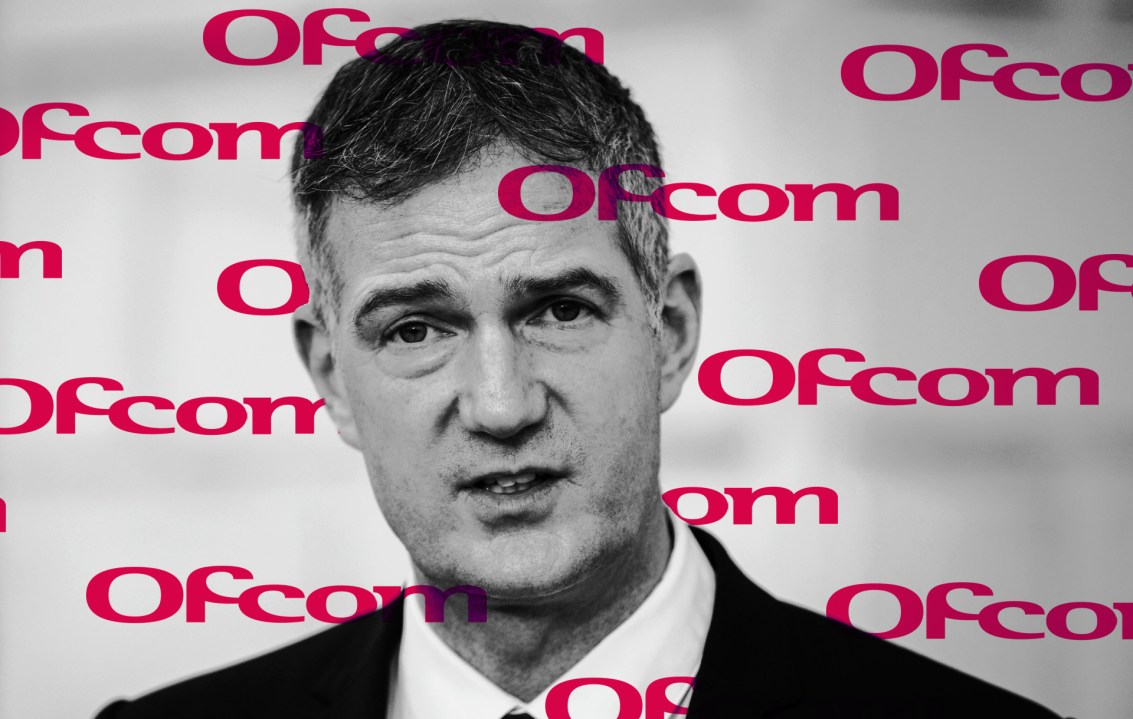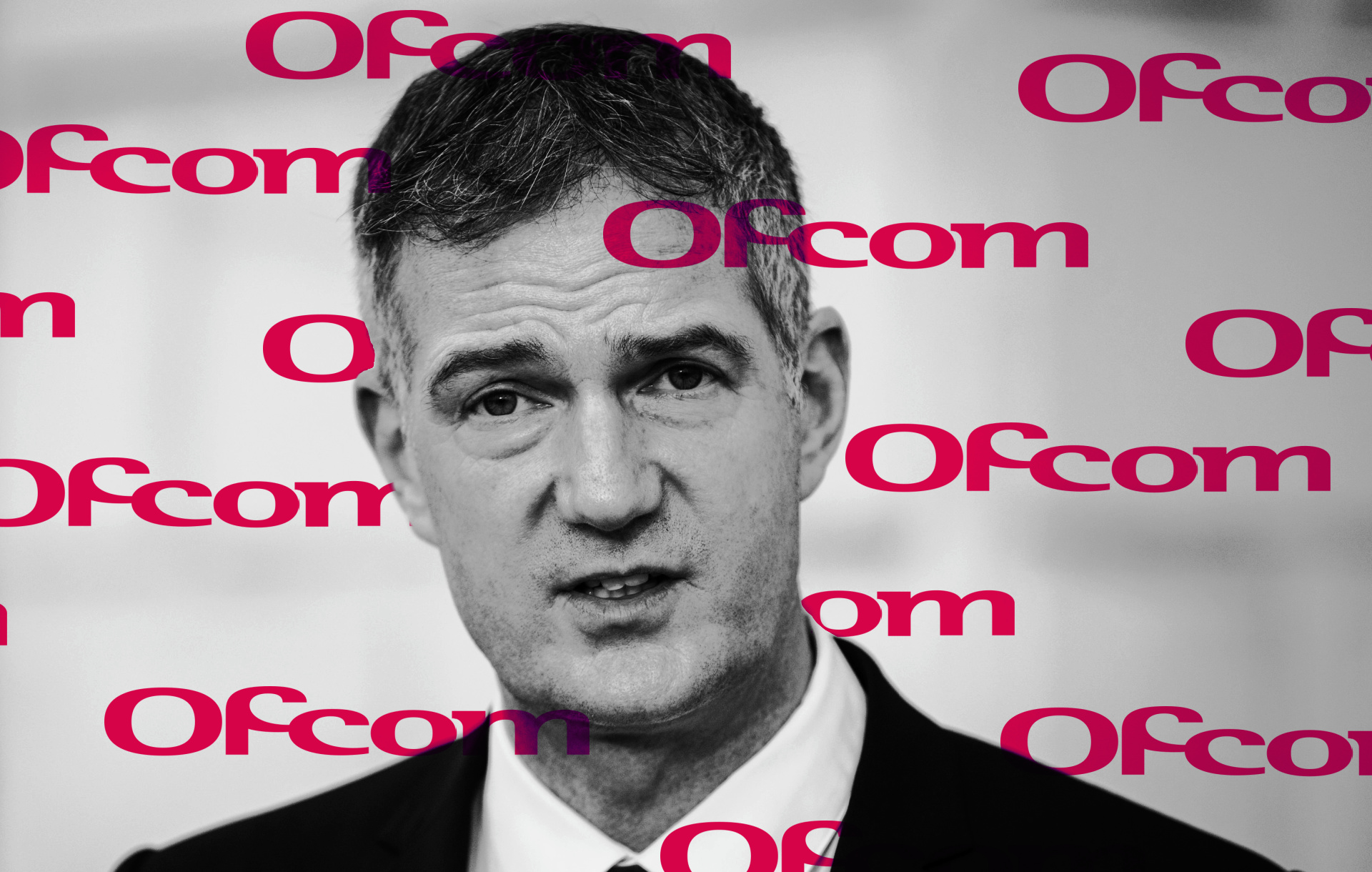The phrase ‘never let a good crisis go to waste’ is often attributed to Winston Churchill, but it’s something the left is better at than the right. Take the Center for Countering Digital Hate (CCDH), a lobby group that campaigns for more online censorship run by Imran Ahmed, a former adviser to Hilary Benn and Angela Eagle. Earlier this month, the CCDH held an ‘emergency’ meeting to discuss the role of social media in fuelling the public disorder that followed the murder of three girls in Southport, and on Tuesday it published the policy recommendations that emerged from that meeting.
The difficulty is that ‘hate speech’ is often used by people on the left to justify censoring the views of their opponents
The most eye-catching of these is that the Online Safety Act should be amended so Ofcom can apply for ‘emergency powers’ during a crisis that would allow it to demand social media companies remove content that poses a threat to national security or the health or safety of the public. It wouldn’t be Ofcom that decides what type of content falls into this category. Rather, under the CCDH’s proposal, it would be up to Peter Kyle MP, the Secretary of State for Science, Innovation and Technology, to direct Ofcom when applying its new supercharged censorship powers.
You might think: ‘So what? Hate speech should be removed from social media.’ But the difficulty is that ‘hate speech’, along with related terms like ‘fascism’ and ‘extremism’, is often used by people on the left, including those in power, to justify censoring the views of their opponents. For instance, the Soviet delegation to the UN’s Commission on Human Rights in 1946 argued that the free speech clause in the Universal Declaration of Human Rights should not protect ‘fascism’, which it defined as including any defence of western capitalism or democracy. Then there’s the Southern Poverty Law Center, a US non-profit that publishes a list of ‘extremists’ that includes the political scientist Charles Murray and once included former Republican presidential candidate Ben Carson.
The CCDH is no slouch in this respect, either. The word ‘hate’ in its name appears to cover a multitude of sins, including ‘misinformation’ about Covid-19, which it campaigned against in 2020; ‘climate denial’, which it targeted in a report published earlier this year; and the Federalist, a mainstream conservative news and opinion website, which it urged Google to demonetise. Incidentally, the CCDH’s efforts to demonetise right-of-centre news publishing sites are often successful. It boasts of having helped to shut down Westmonster, an online publication set up by Aaron Banks, the co-founder of Leave.EU, and Michael Heaver, a former aide to Nigel Farage.
How seriously will its latest recommendations be taken by the government? Judging from the attendees of the ‘emergency’ meeting, very seriously indeed. According to the CCDH, they included ‘top officials’ in the Department for Science, Innovation and Technology, the Home Office, Ofcom and the Met’s Counter Terrorism Unit, as well as representatives of the Community Security Trust, Tell Mama, the Incorporated Society of British Advertising and current and former MPs. If that doesn’t sound influential enough, it’s worth noting that the CCDH was set up in 2018 by Morgan McSweeney, head of political strategy at No. 10. He is listed on Companies House as the original ‘subscriber’ of Brixton Endeavours, which the CCDH was called before it changed its name in 2019, and was the first person to be appointed a director, a position he held until 2020.
Kyle is a close confidant of Sir Keir Starmer’s and, judging from interviews he’s given about the shortcomings of the Online Safety Act, it’s a safe bet he’d be in favour of amending it to grant himself the power to order Ofcom to remove content that, in his view, poses a threat to public safety. Nor should we be reassured by the CCDH’s stipulation that he would only be allowed to exercise this power during an ‘emergency’ or a ‘crisis’. Those terms, too, have a remarkable tendency to expand to suit the agenda of our would-be censors. For instance, we’re frequently told by environmental lobbyists that we’re in the midst of a ‘climate emergency’. I can easily imagine Kyle persuading himself that ‘climate denial’, which the CCDH defines as ‘arguments used to undermine climate action’, is causing significant harm to the health or safety of the public and issuing a directive to Ofcom to remove this dangerous ‘misinformation’.
You may think I’m being unduly alarmist. But never underestimate the ability of the left to exploit a good crisis to crush their opponents.









Comments